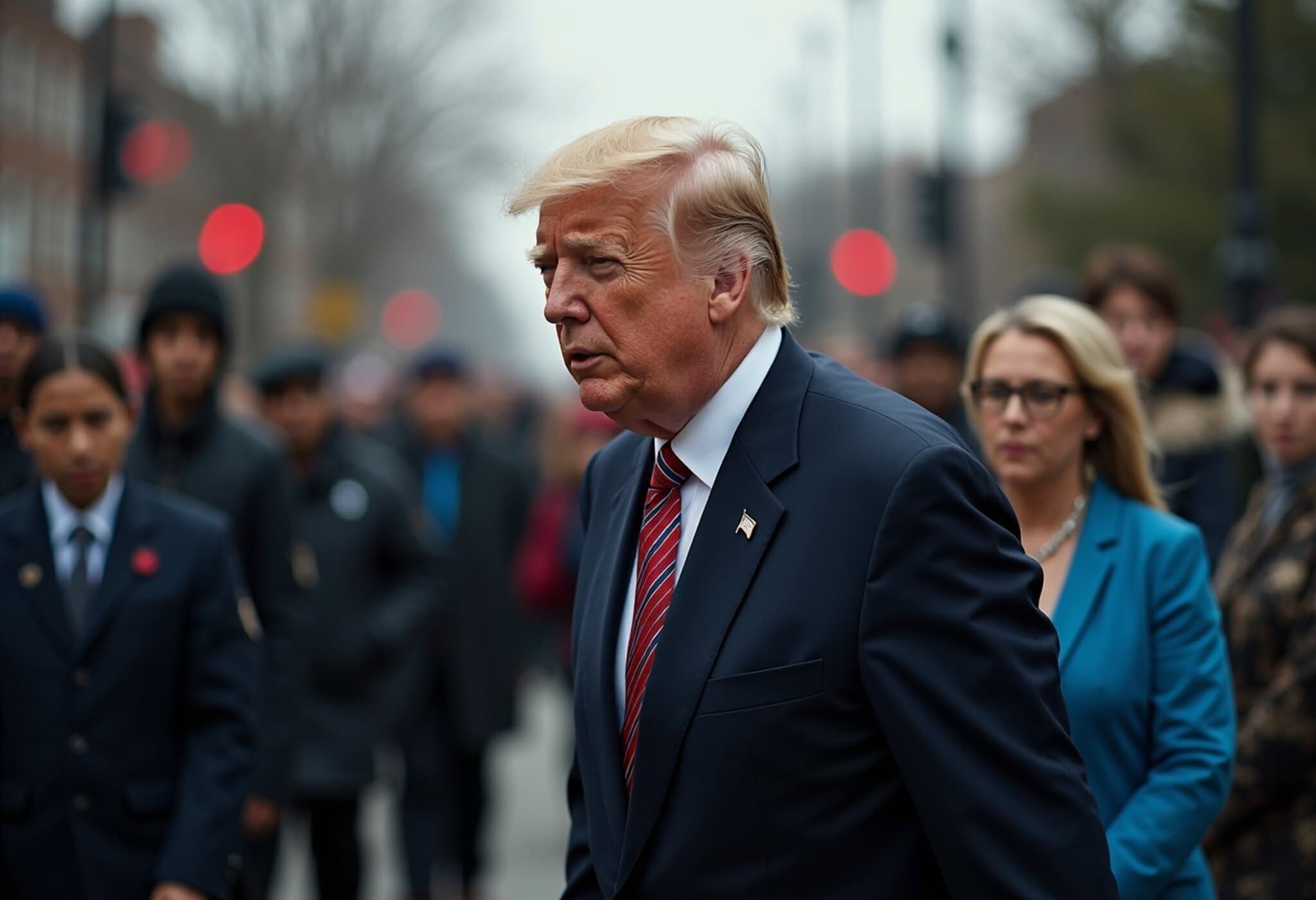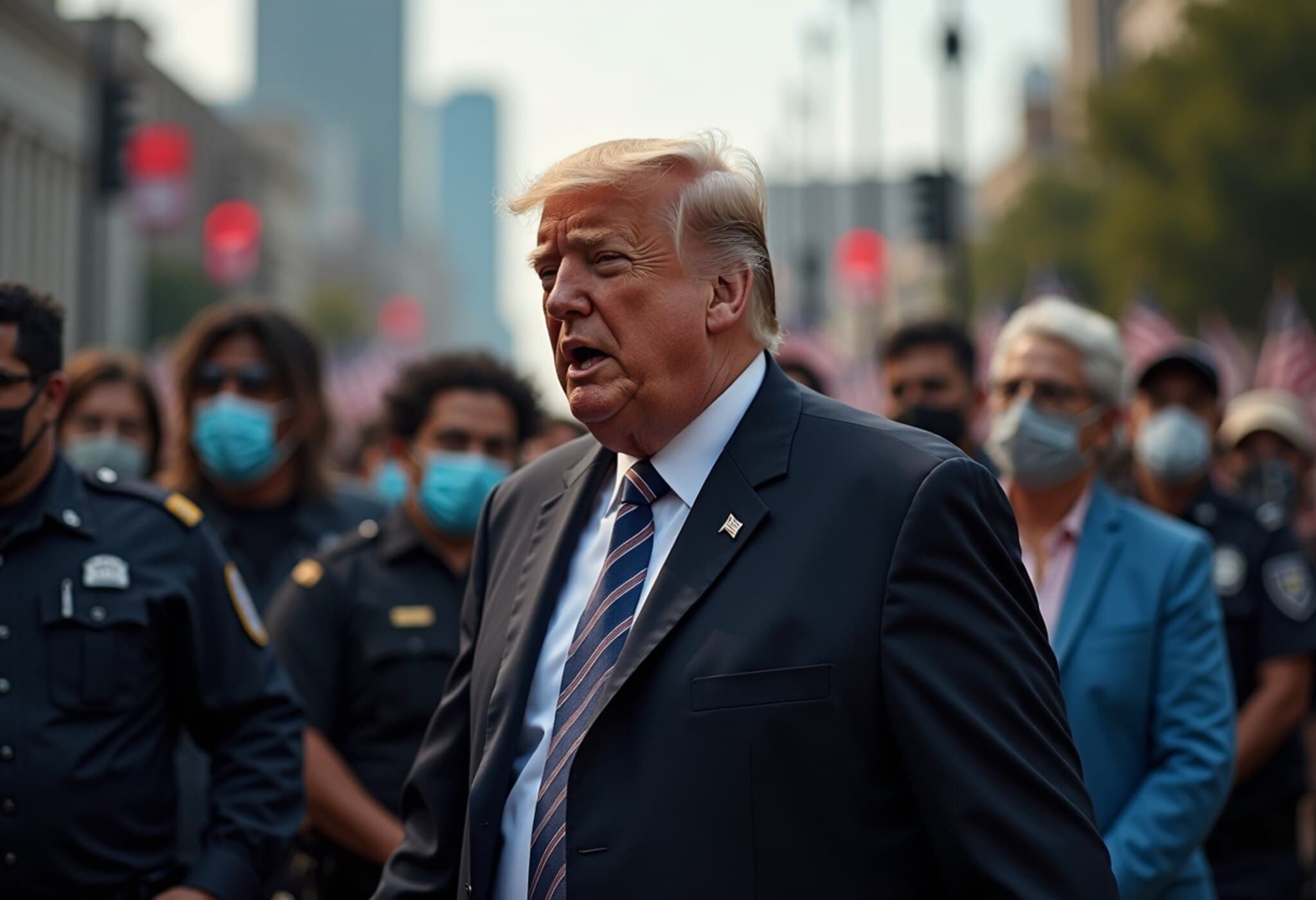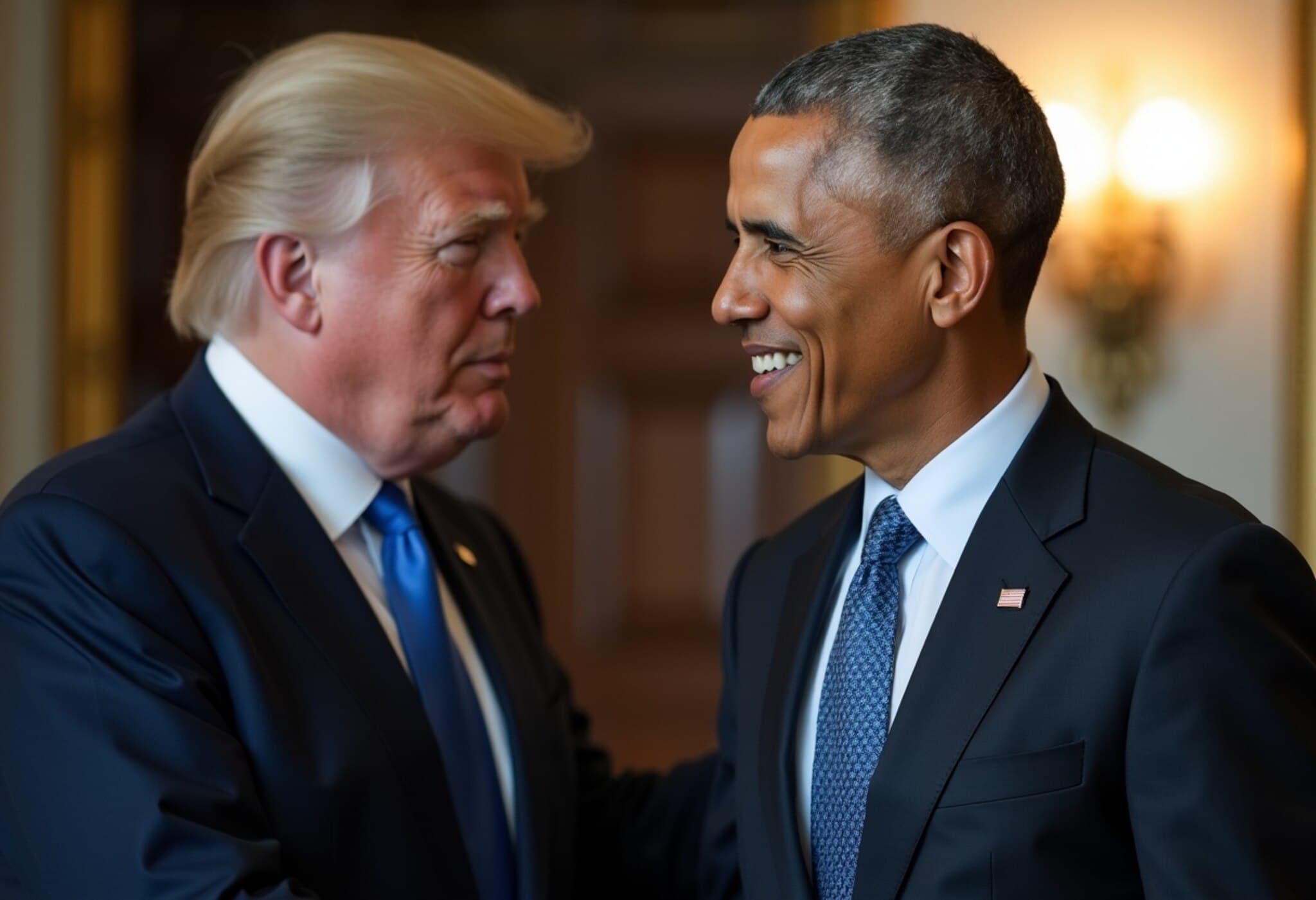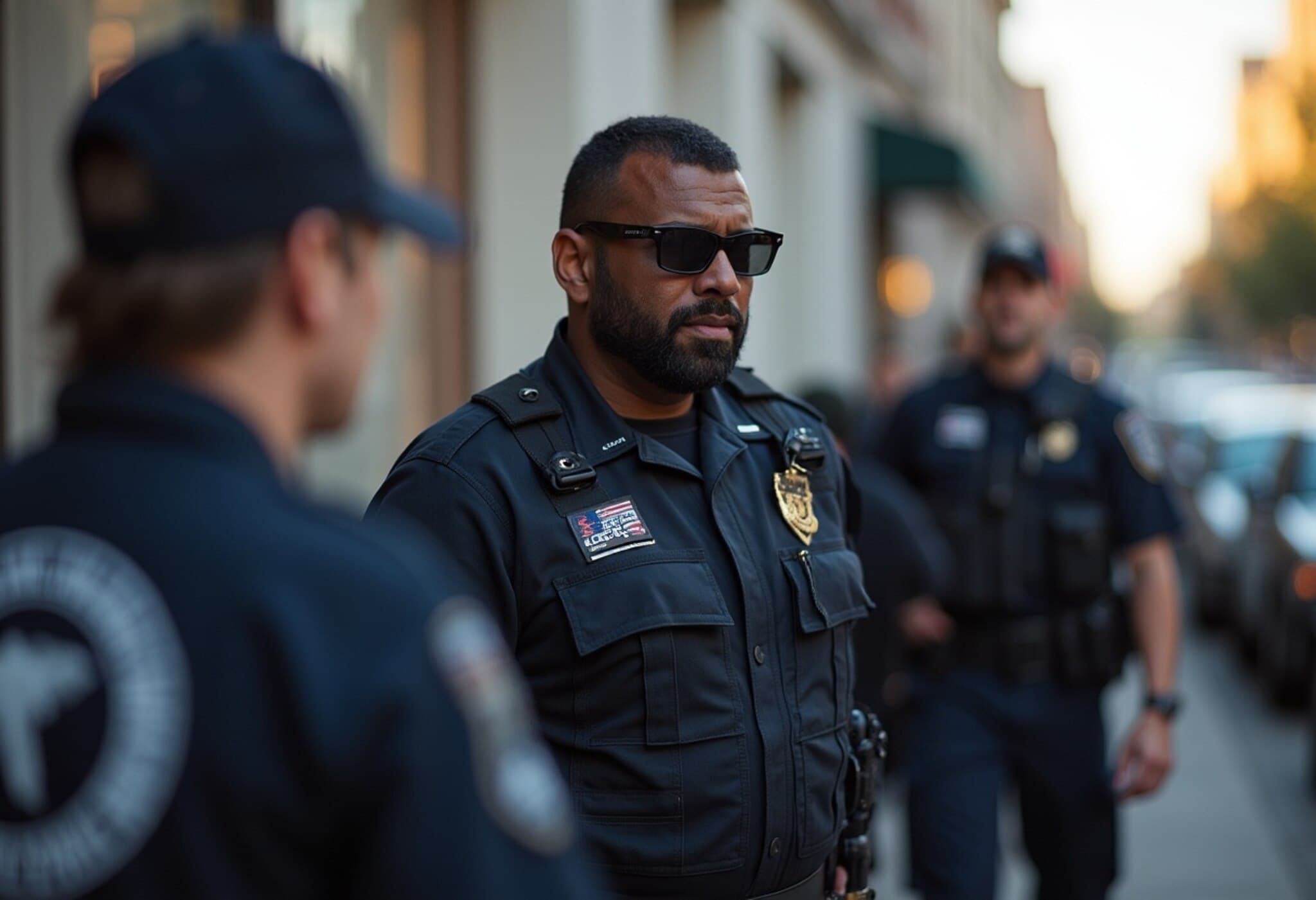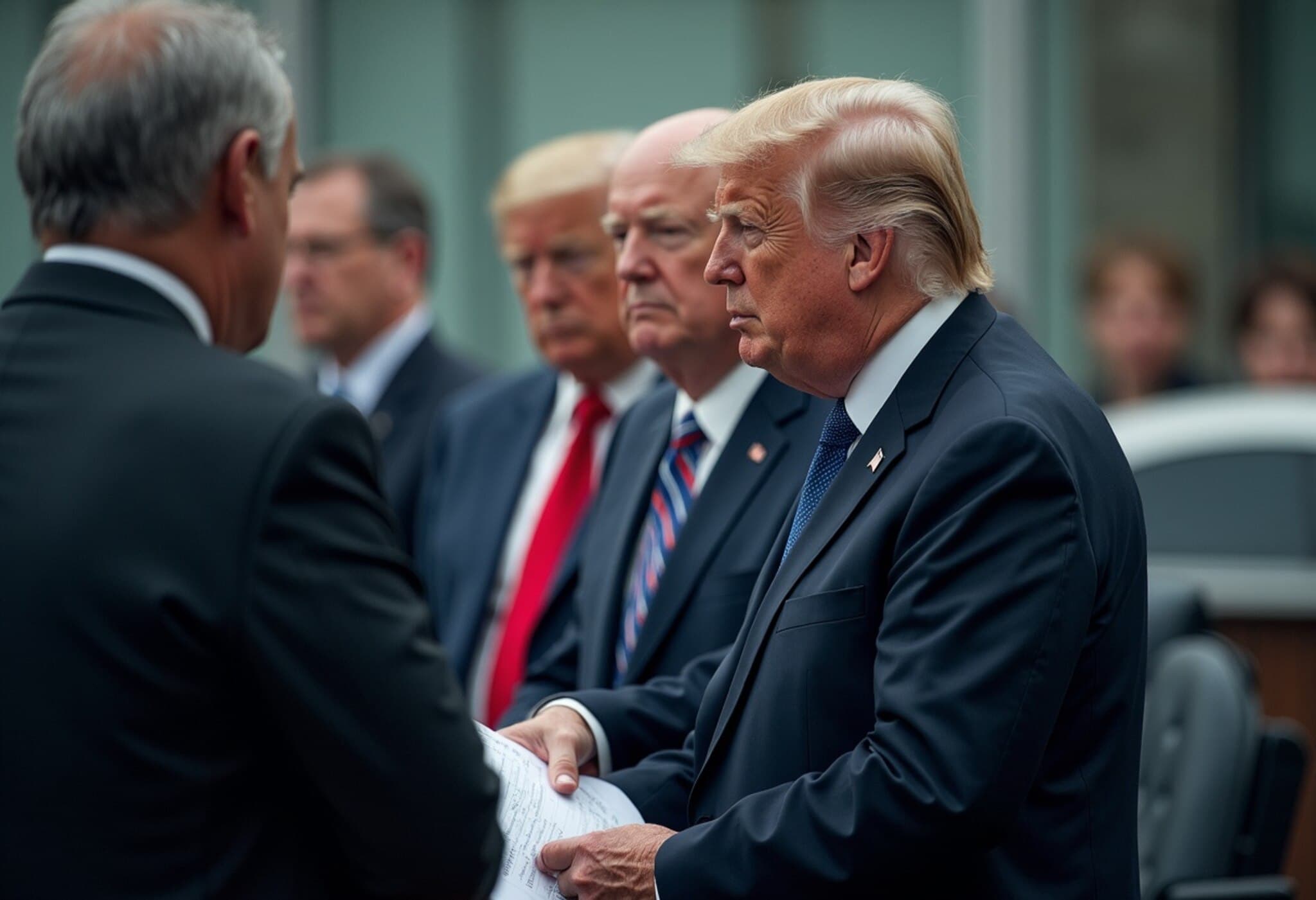Federal Judge Blocks Indiscriminate Immigration Arrests in Southern California
A federal judge has issued a pivotal ruling that temporarily stops the Trump administration’s broad immigration enforcement actions across seven counties in California, including Los Angeles. Immigrant advocacy groups had challenged what they describe as racial profiling and unlawful detentions targeting Latino communities.
Allegations of Racial Profiling and Warrantless Arrests
For weeks, Southern California’s immigrant population—and particularly Latino communities—have been living in a state of anxiety. The heightened immigration crackdowns extended into everyday venues: car washes, parking lots of big-box stores like Home Depot, immigration courts, and various businesses. This surge in arrests has drawn widespread condemnation.
The lawsuit, filed in the U.S. District Court, accused federal immigration officials of engaging in racially discriminatory practices by targeting individuals based on skin color. Among the plaintiffs are three detained immigrants and two U.S. citizens, including one who was detained despite presenting valid identification. The suit highlights potential Fourth and Fifth Amendment violations, asserting that detainees were deprived of legal counsel and subjected to racial profiling during warrantless arrests.
Judicial Response and Government Defense
Judge Maame E. Frimpong’s order not only halts indiscriminate arrests but also protects detainees’ rights to meet with lawyers by restricting government interference at the downtown Los Angeles detention center known as “B-18.” The order came shortly after a hearing, where advocates presented evidence suggesting unlawful practices, such as denying solicitors access and conducting arbitrary arrests.
Department of Homeland Security Assistant Secretary Tricia McLaughlin countered these claims, labeling allegations of racial targeting as "disgusting and categorically false." She emphasized that enforcement operations are carefully targeted and officers are expected to exercise due diligence before making arrests.
On-the-Ground Reality: Community Impact and Enforcement Tactics
The American Civil Liberties Union (ACLU) argues this crackdown stems from an “arbitrary arrest quota” and relies heavily on racial stereotypes rather than individualized assessments. According to the lawsuit, agents detained Latino day laborers simply because of their ethnicity and work attire. Witness testimonies describe aggressive raids at swap meets and commercial locations where anyone appearing Hispanic was subject to immediate detention.
One telling case involves Brian Gavidia, a U.S. citizen who was reportedly physically assaulted while working in a predominantly Latino neighborhood. The ACLU questioned the differential treatment observed at one car wash, where every worker perceived as Hispanic was detained, while White employees were left untouched.
Restriction on Legal Access and Detention Conditions
Attorneys from immigrant advocacy groups, including the Immigrant Defenders Law Centre, have documented repeated blockades of legal counsel access to the “B-18” facility. In one particularly troubling incident, lawyers attempting to communicate basic rights to detainees were drowned out by bus horns and exposed to chemical agents resembling tear gas, raising serious concerns about detainee treatment and due process.
Complaints extend to inadequate conditions within detention centers: insufficient food and bedding reportedly create coercive environments pressuring detainees to sign deportation orders without consulting counsel. Such treatment not only undermines individual rights but threatens to erode trust in immigration institutions.
Political and Legal Context
This ruling echoes broader debates about immigration enforcement tactics under the Trump administration and their compliance with constitutional safeguards. Notably, previous injunctions have already curtailed warrantless arrests by Customs and Border Protection agents in eastern California.
Adding weight to the legal challenge, attorneys general from 18 Democratic states have filed briefs supporting the judge’s orders. Their involvement underscores growing bipartisan concerns about immigration raids violating civil liberties and systemic racial targeting.
Expert Commentary
From a legal perspective, the court’s emphasis on the Fourth Amendment—which guards against unreasonable searches and seizures—and the Fifth Amendment’s due process protections highlights the critical balance between immigration enforcement and constitutional rights. Immigration raids that rely on race-based assumptions risk legal and moral peril, perpetuating fear and distrust among immigrant communities integral to California’s economy and culture.
Moreover, the involvement of National Guard and Marine deployments during protests reveals the extent to which immigration policies intersect with public order challenges, raising questions about militarized responses to immigration enforcement.
Looking Ahead: Questions and Challenges
- Will this judicial intervention prompt a reevaluation of immigration enforcement strategies nationwide?
- How can authorities ensure compliance with constitutional protections while addressing immigration law violations?
- What long-term impacts will such enforcement tactics have on immigrant communities’ willingness to engage with legal systems?
Editor’s Note
This court ruling underscores the ongoing tension between enforcing immigration laws and safeguarding constitutional rights. While border security remains a complex and vital issue, policies that impinge on civil liberties—especially through racial profiling—risk fracturing community trust and undermining American values of justice and fairness. Keeping a close eye on developments in California will be crucial for understanding how immigration enforcement adapts in balance with civil rights protections.




